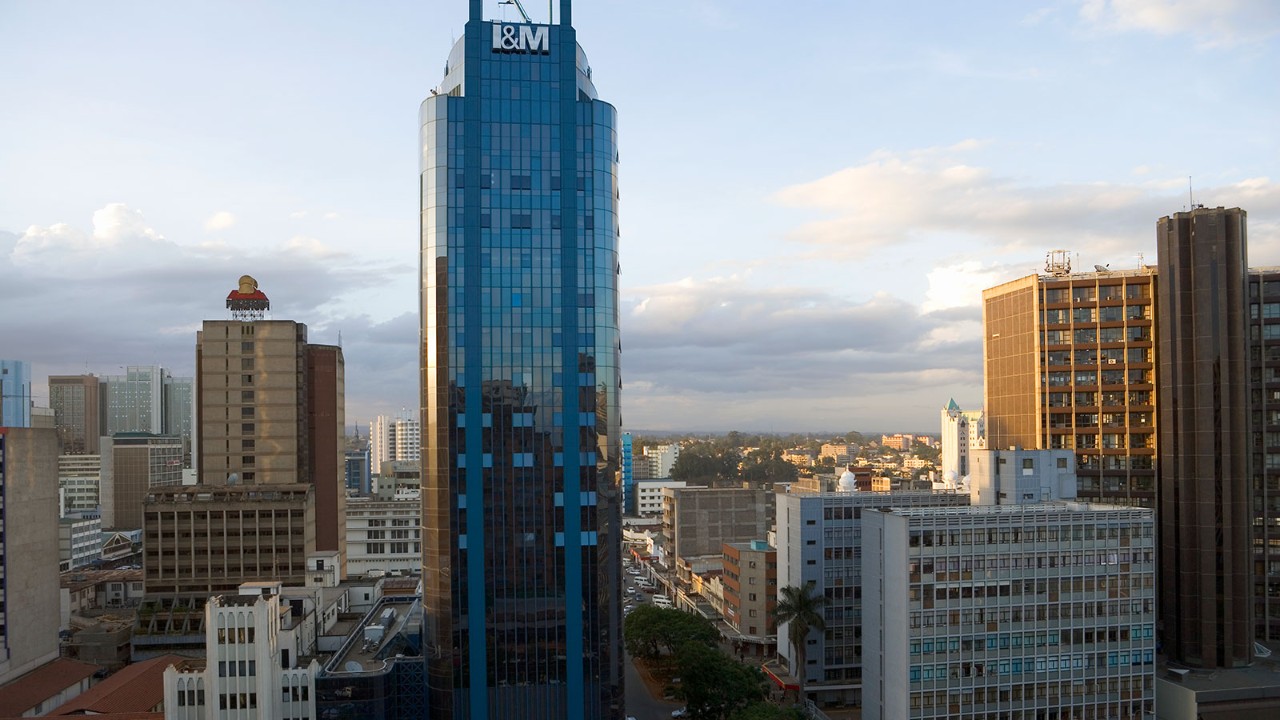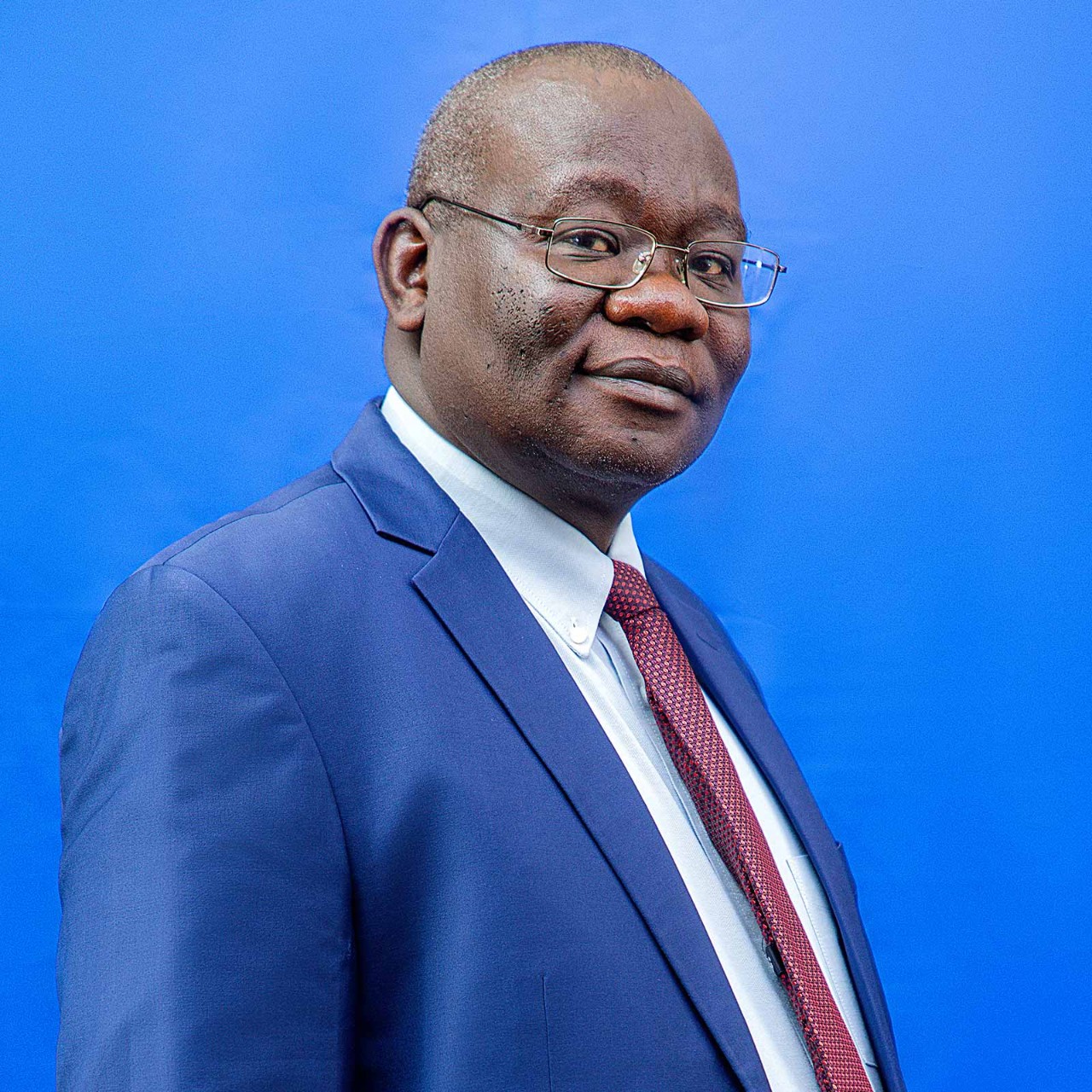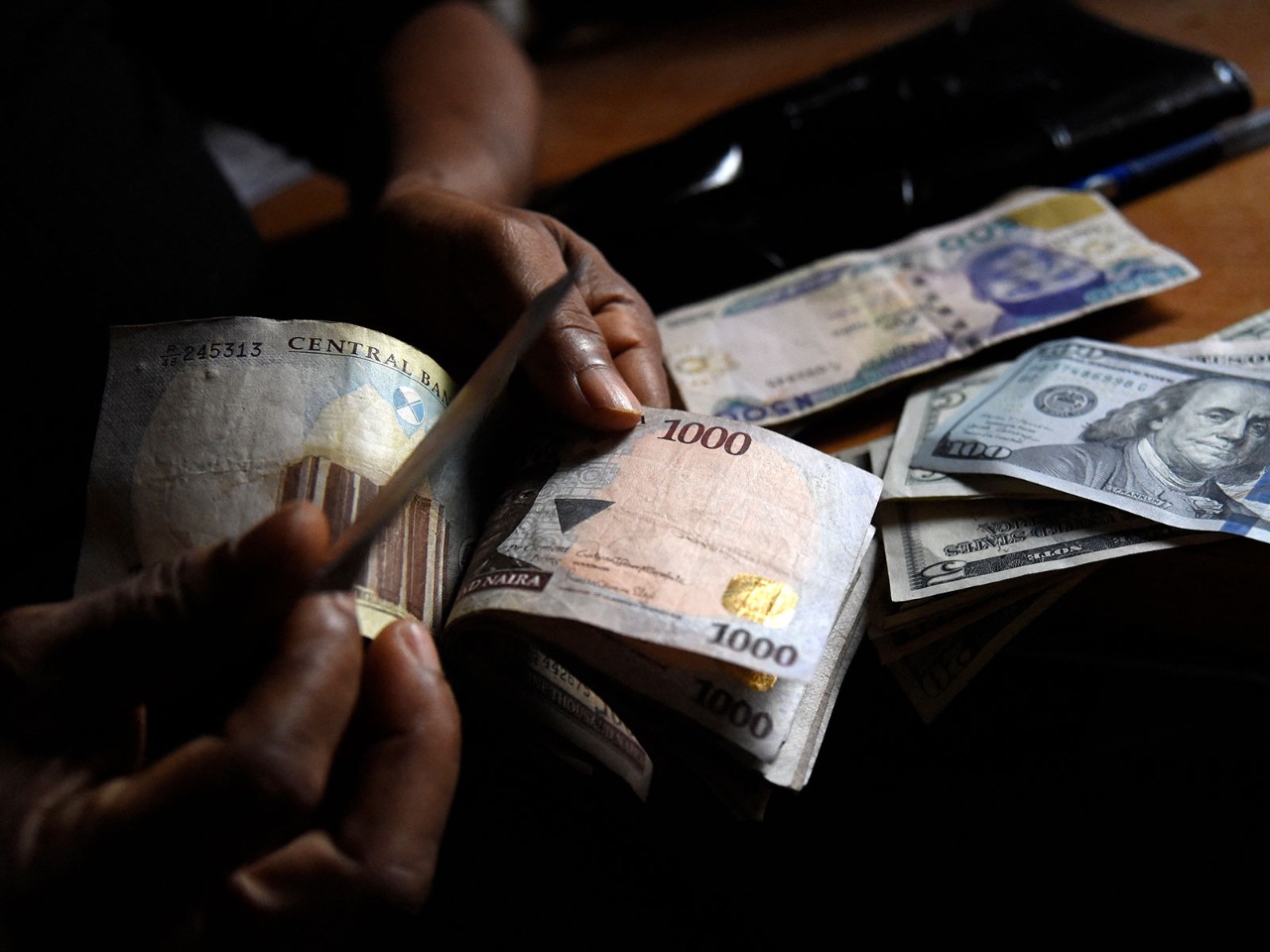
Is Kenya, in particular its capital Nairobi, set to become the international financial hub of East Africa, acting as a gateway for global investors to tap into the growth potential of the region? And will this in turn help Kenyan businesses with a global outlook raise vital investment in the global capital markets?
These possibilities have become a real prospect after Kenya signed a cooperation agreement on financial services with the UK in July, building on an earlier trade deal agreed in 2020 that was negotiated as a result of the UK leaving the European Union economic bloc.
Certainly the Kenyan capital is already home to a good number of international banks and has high hopes that its new Nairobi International Financial Centre (NIFC) will attract others to establish their African regional headquarters there. However, ranked at 106 in the Global Financial Centres Index, the city has some way to go before it can compete with the continent’s current leading centres, Cape Town and Johannesburg in South Africa (ranked 82 and 90 respectively) and Mauritius (89). Meanwhile, in the World Bank’s Ease of Doing Business table, Kenya’s ranking (56) puts it behind Mauritius (13) and Rwanda (38) – and the latter also has aspirations to become a financial hub in the region.
Policy stimulus
‘Many businesses are hopeful that the agreement will spur the Kenyan government to enact supply-side policies, to take advantage of the new opportunities,’ says Sandeep Main FCCA, associate director of tax and regulatory and head of private enterprise at KPMG East Africa in Nairobi. ‘This will spur economic growth and increase employment opportunities.’
According to Main, the agreement will help channel international investment into Kenya and the wider East Africa region. ‘It will bolster economic ties between the two countries and increase linkages between the London and Nairobi stock exchanges,’ he says. ‘Already, under the agreement, multinational companies including UK insurer Prudential have plans to set up in the NIFC, and Mayflower Gold, a Kenyan mining company, has announced plans to dual-list its shares on the London and Nairobi exchanges.’
Sector development
An emphasis on financial services forms a key plank of the cooperation agreement. Insurance company Prudential will be one of the NIFC’s anchor clients, while Mayflower Gold aims to raise £14m through the dual listing. Speaking at the signing of the deal at the Mansion House, symbolic headquarters of the City of London, former UK business secretary Shriti Vadera, who is now chair of Prudential, said: ‘Africa is an important part of our long-term growth strategy. Joining the International Financial Centre in Nairobi is testament to our long-term commitment to supporting financial sector development across Africa.’
The agreement includes a memorandum of understanding between TheCityUK, an industry-led body representing UK-based financial and related professional services, and the NIFC. It creates a formal partnership between the two organisations, as well as closer collaboration with the London Stock Exchange.
The NIFC has been developed with financial and technical assistance from the UK government – including through Financial Sector Deepening Africa (FSD Africa), which aims to build and strengthen financial markets across sub-Saharan Africa, and FSD Kenya. It aims to create an efficient and predictable operating framework for businesses and investors in Kenya, and is set to form part of wider sustainable development in the country as set out in the government’s Vision 2030 programme.
Favourable conditions
The creation of the NIFC is an important step in positioning Kenya’s capital as Africa’s financial hub. ‘Nairobi has the capacity and infrastructure to expand as a regional financial hub,’ Main says. ‘The city is home to leading financial institutions, with a dense presence of both public and private banks and insurance companies spread all over the city and elsewhere in the country.’ Main also points to the country’s political stability and developed communication and infrastructure systems, as well as a stable exchange rate and skilled workforce, as positives.
‘Nairobi attracts a diverse pool of talent from all around the country and the world,’ he says. ‘As the city with the largest economy in East Africa, it brings together people from diverse backgrounds with the necessary skills to drive Nairobi to be a regional financial hub.’
Steve Obuogo, acting head of ACCA Kenya, says the deal is particularly welcome given the continuing disruption of business activity as a result of the pandemic: ‘Kenya’s GDP contracted by around 0.3% in 2020 compared to growth of 5% in 2019, a contraction that was spread across all sectors. The new trade deal offers the welcome prospect of much needed new jobs and investment in Kenya and the region as a whole.’
Trade advantages
Following last year’s trade pact, Kenya will also benefit from duty-free and quota-free market access to the UK for products such tea, coffee, vegetables, cut flowers and fruit. The UK for its part will enjoy similar access to the Kenyan markets for electrical and electronic equipment, pharmaceutical products, machinery and vehicles. Following its exit from the EU, the UK is no longer constrained by the bilateral trade relations negotiated under the EU-Kenya economic partnership agreement.
The July cooperation deal also backed Kenya’s new digital customs system with £18m (US$25m) of UK funding, and created a digital trade corridor that will make it faster and easier to move goods between Kenya and the UK. A £58m (US$80.4m) fund, anchored by £35m of UK government investment, will also finance the construction of 10,000 affordable green homes in Kenya.
As the third largest economy in sub-Saharan Africa, Kenya is already an established regional hub for trade. Nairobi is also an acknowledged centre of business innovation, so much so that the city’s tech startup ecosystem has long been known as Silicon Savannah. If the NIFC can make good on its goal of raising more than US$2bn in foreign investment by 2030 and build a financial pipeline that connects Kenya to the global economy, Nairobi will have emerged as a major financial player in Africa.



